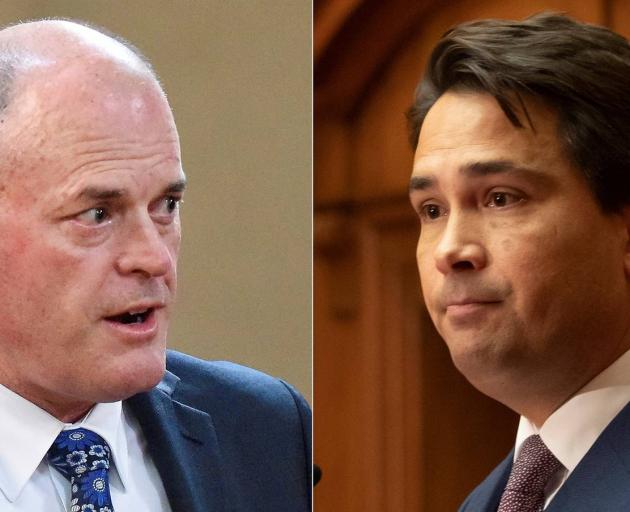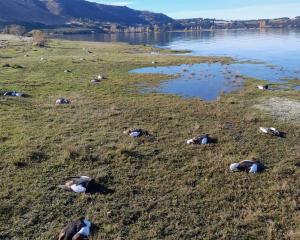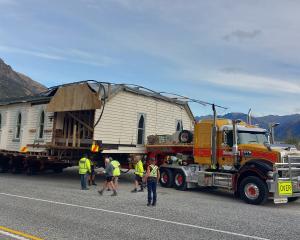
The incumbent, Simon Bridges, will have to deliver the defence of the century to hold on to his job at a noon vote today after a second catastrophic poll on the eve of that challenge by MP Todd Muller.
National was at just 29% in the 1 News Colmar Brunton poll last night. That was half of Labour’s support of 59% in a poll in which the Jacinda Juggernaut steamrollered almost every party in Parliament.
Neither the Green Party (4.7%) nor New Zealand First (3%) would make it into Parliament on the poll results.
But it is particularly grim news for Mr Bridges, as the 55 National Party MPs prepare to meet at Parliament for that closed ballot on the leadership between Mr Bridges and Mr Muller.
Mr Muller gave little away when pressed by reporters this morning. But he did say he was feeling "very excited".
"It's a momentous day for the National Party and I looking forward to the conversation with my caucus."
Yesterday, neither the Bridges nor the Muller camps seemed certain they had the 28 votes needed, but both claimed to have strong numbers and one MP involved said it was looking "very, very close".
Last night’s poll result may have changed that for MPs still wavering.
Mr Muller’s camp said the results showed there was an urgent need for a change in leadership to reclaim that lost ground — and even Mr Bridges’ own supporters acknowledged the poll would make it a lot harder for their leader.
The Colmar Brunton poll was taken soon after last week’s Budget and amidst the triple whammy of the Government’s Covid-19 Budget honeymoon, National’s leadership turbulence and massive public endorsement of Prime Minister Jacinda Ardern’s handling of the Covid-19 crisis.
Mr Bridges pointed to those factors in his defence, saying the leadership rumble was an added distraction that had contributed, as well as the likely flow-on effect from the earlier poll.
However, Mr Bridges’ ratings as preferred prime minister also halved from 11% to just 5%, while Ms Ardern was at 63% — the highest ratings in the poll’s history.
Mr Muller was at 0.3% as preferred prime minister in the poll, his challenge coming at the tail end of the polling period.
Many MPs were keeping their decisions on the leadership vote to themselves.
Of those that are known, Mr Bridges’ supporters are deputy leader Paula Bennett, Michael Woodhouse, Todd McClay and Paul Goldsmith. MPs Brett Hudson and Sarah Dowie have also publicly backed Mr Bridges.
Mr Bridges is also understood to have Mark Mitchell’s support. Mr Mitchell was considered a potential candidate himself, but has since ruled that out and committed his vote to Mr Bridges.
Mr Muller’s core supporters include Chris Bishop, Amy Adams and Nicola Willis, as well as Ms Kaye.
He will also likely benefit strongly from the group of MPs whose seats are in danger from a low poll, such as lower-ranked list MPs and those in marginal electorates.
Mr Mitchell’s vote and that of Judith Collins — who has refused to say whom she will support — could be critical if their decision also tips the votes of their own supporters the same way.
Mr Bridges and Mr Muller will set out their case to caucus before the vote.
Mr Bridges will highlight National’s earlier healthy polling under his watch, and emphasise Ms Ardern’s Covid-19 honeymoon is likely to end as the focus switches to the economic impact of Covid-19, where National can push its advantage.
Mr Muller is also likely to highlight the latter point, but say it is clear the public dislike of Mr Bridges is too entrenched to make him an effective leader for the party.












